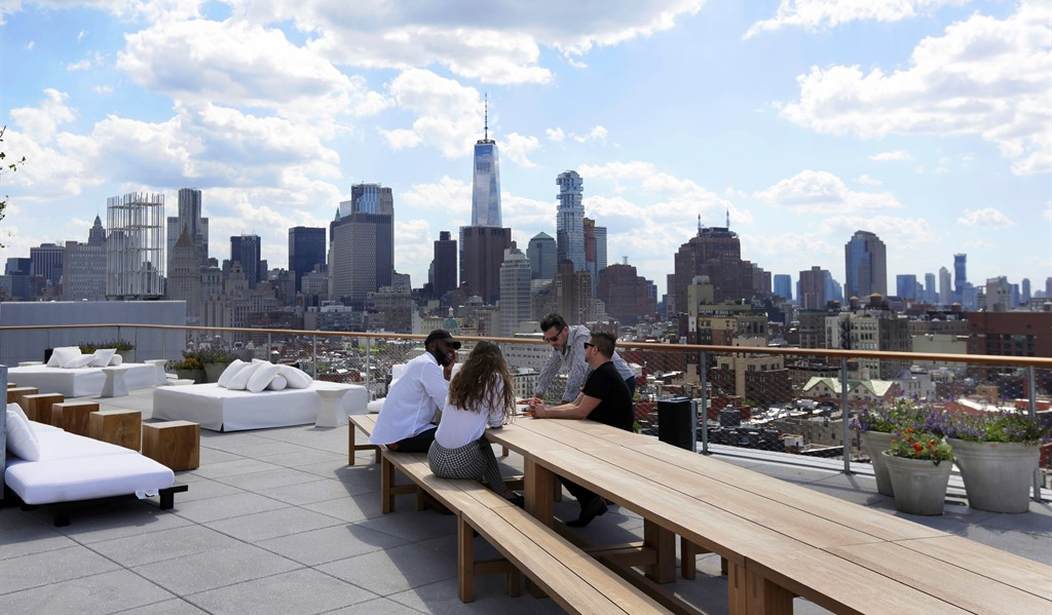In a trend that began in the years preceding the pandemic, America’s largest cities experienced a shocking shrinking of their populations last year that was barely offset by rapid growth in the South and Southwest.
Chicago, San Francisco, Los Angeles, and New York City lost a combined 700,000 residents in 2021. Meanwhile, Phoenix, Houston, Dallas, Austin, and Atlanta gained more than a total of 300,000 residents. And there was also substantial growth in some rural areas and smaller cities like Boise, Idaho, and Myrtle Beach, S.C.
Overall, the nation grew at a rate of 0.1% — the slowest on record.
In the years immediately preceding the pandemic, those factors began to shift. Immigration slowed, urban housing costs rose, and suburban and exurban growth began picking up steam, trends that continued through the pandemic.
The virus wrought other changes. Because Covid-19 caused so many deaths, only 828 counties had more births than deaths in 2021, the figures show, down from more than 1,900 a decade ago.
And the rise of remote work made it less of a requirement for many workers to live in expensive cities to take advantage of high-paying jobs.
The high cost of living has many city residents questioning whether it’s worth it. “The price of living in the Bay Area was so out of sync with the quality of life we were getting,” said Allison Grady, a public health specialist. She and her boyfriend had moved to Oakland in March of 2021 — barely a year into the pandemic. Now they’re packing up and moving back to Atlanta where the price of housing is less than half of what they were paying in the Bay area.
Regions where state and local governments do not make it easier to build affordable housing will face a troubled future, according to Dowell Myers, a demography and urban planning expert at the University of Southern California. There will be too few working-age adults to support a growing population of aging baby boomers. Jobs in nursing, utilities and other fields will go unfilled.
This demographic risk “is just deadly,” Professor Myers said. “We’re not building enough housing to keep our own kids.”
With remote work readily available, expect this trend of emptying cities to continue. It’s not just the high cost of housing that people are fleeing. It’s crime, homeless encampments, and city governments that refuse to protect their citizens by hiring enough police.
These are quality of life issues that matter to everyone. And it’s why so many people are giving up and abandoning the cities for more pastoral, less crowded surroundings.
If you have money, big cities are extraordinary places. But the middle class need not apply for the “good life” in America’s major metropolitan areas.










